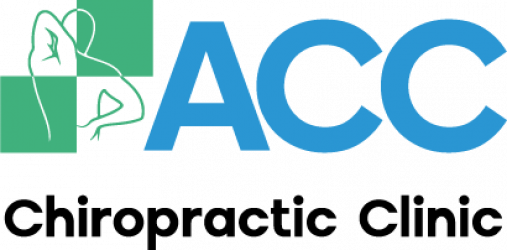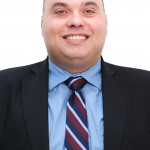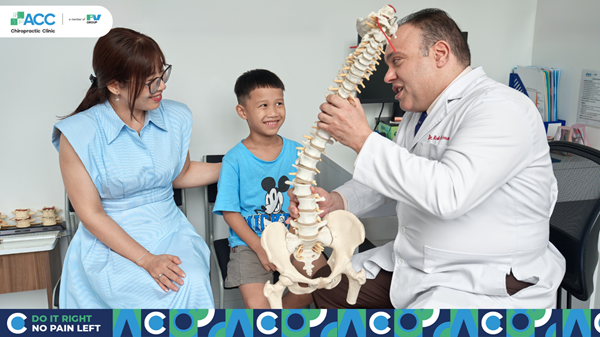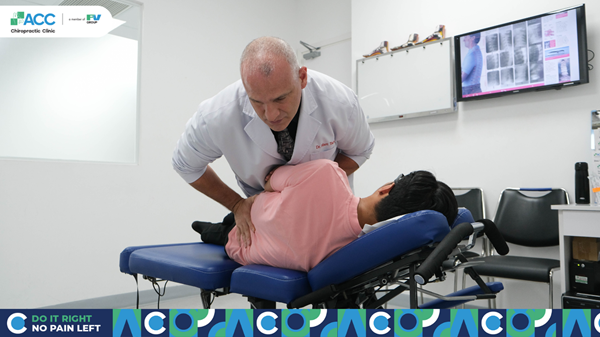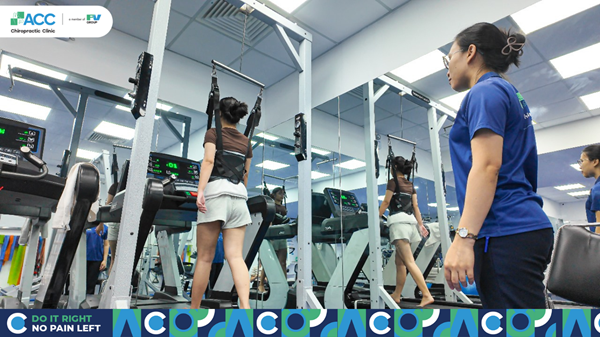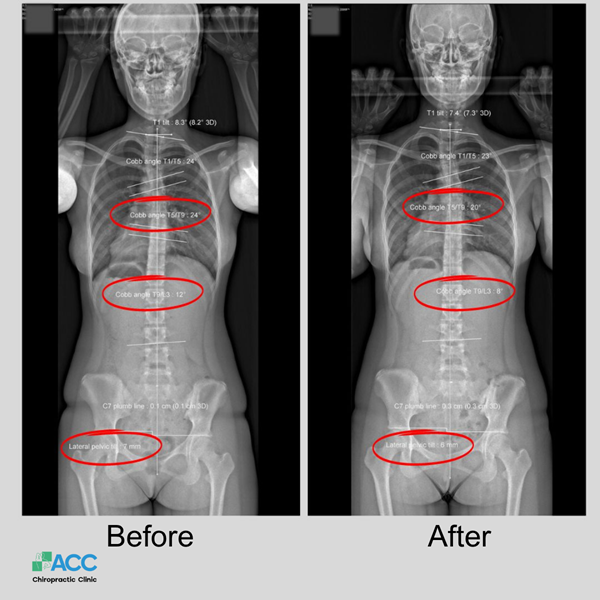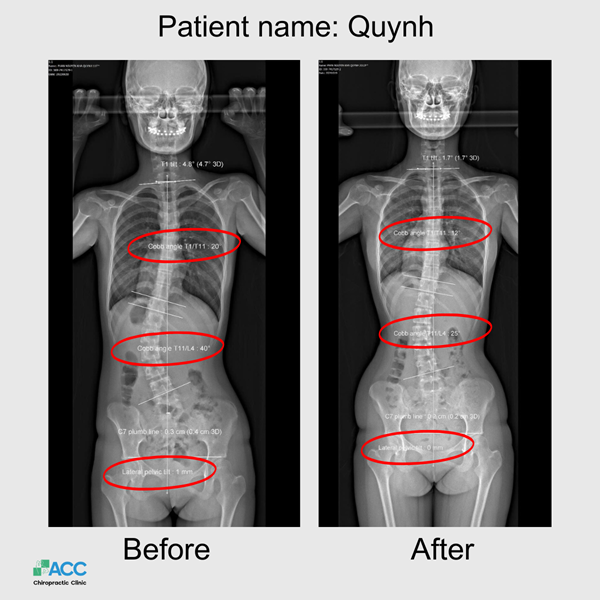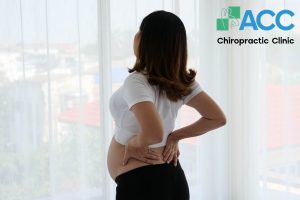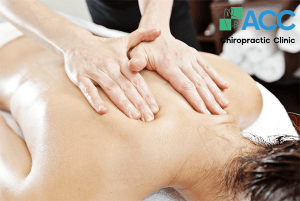Contents
Scoliosis treatment is more than just structural correction – it is a comprehensive rehabilitation journey that helps patients regain proper posture, strengthen supporting muscles, and improve long-term quality of life.
At ACC, scoliosis treatment is conducted through a closely coordinated process between specialists. Chiropractic doctors will conduct an in-depth evaluation, diagnose the severity of the curvature, develop a personalized treatment plan, and monitor progress throughout the entire course of care. Based on clinical examination and X-ray imaging, the doctor identifies specific vertebral misalignments, determines the appropriate number of sessions, and collaborates with the physical therapy team to create a customized rehabilitation program for each patient. Regular progress evaluations ensure the treatment stays on track and delivers optimal outcomes.
1. Chiropractic Treatment – Restoring Spinal Alignment
Chiropractic spinal adjustments form the foundation of scoliosis treatment at ACC. Using gentle, manual techniques or specialized tools, the chiropractor corrects vertebral misalignments, restores natural spinal balance, reduces pressure on the nervous system, and enhances mobility.
When the spine is realigned correctly, physical rehabilitation becomes much more effective. Exercises then help maintain proper posture, strengthen key muscles, and prevent the spine from reverting to an imbalanced state.
2. Scoliosis Rehabilitation Process
2.1. Postural Awareness
In the early stage, therapists guide patients – especially children – to understand their condition through X-ray analysis. This helps them recognize posture issues such as uneven shoulders, hunched back, or pelvic tilt, and become more proactive in correcting them.
2.2. Posture Assessment & Daily Movement Guidance
Therapists assess standing posture, gait, and sitting habits to provide instructions for maintaining proper alignment during daily activities. This ensures postural correction extends beyond the clinic.
2.3. Progress Monitoring & Periodic Evaluations
ACC conducts regular evaluations to track progress and adjust exercises accordingly. Key assessments include:
- Height Measurement: Scoliosis can reduce apparent height; improvement often reflects spinal realignment.
- Postural Observation from Multiple Angles: To detect imbalances like shoulder tilt, pelvic shift, or spinal rotation.
- Spinal Growth Monitoring: Especially important for growing children, where timely intervention can lead to long-term structural improvement.
Typically, an X-ray is recommended after 6–12 months to evaluate progress. However, clinical assessments between imaging sessions help minimize unnecessary X-ray exposure. These evaluations allow therapists to fine-tune the program and maximize outcomes through every stage of spinal development.
2.4. One-on-One Training & Targeted Muscle Strengthening
All patients at ACC receive one-on-one physical therapy with experienced professionals. Based on initial assessments, each exercise program is customized to the degree and location of spinal curvature.
The goal is to activate weak muscle groups, strengthen spinal stabilizers, and improve overall postural control. Therapy rooms are equipped with large mirrors to help patients monitor and adjust their posture during exercises.
For younger children, ACC encourages parental participation to help them learn how to support home-based practice and reinforce results sustainably.
2.5. Breathing Technique Training
In moderate to severe scoliosis cases, spinal curvature can impact chest expansion and breathing capacity. ACC therapists teach correct breathing techniques (abdominal and thoracic breathing) to improve lung function and respiratory efficiency.
3. Real Stories – Patient Outcomes at ACC
- Gia Han: Significant reduction in spinal curvature and pelvic misalignment after consistently following the prescribed treatment plan.
- Quynh: Although living in a rural province, she came to ACC for intensive treatment during summer break. With guidance from the team, she continued exercises at home – showing notable improvement.
4. Early Treatment, Long-Term Benefits
Scoliosis tends to progress over time, especially during the rapid growth stages of childhood and adolescence. Early and appropriate intervention is key to achieving lasting results.
Watch more about scoliosis treatment at ACC here
Or contact ACC Chiropractic Clinic directly for consultation and to receive a personalized, safe, and non-surgical treatment plan tailored to your child’s needs.
